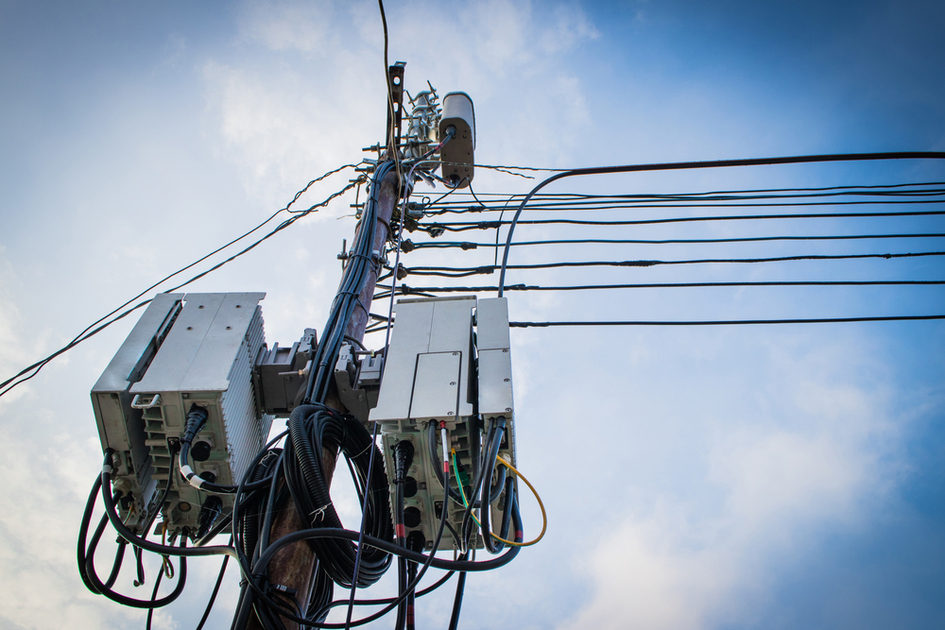On April 12, 2018, Governor Rauner signed Public Act 100-0585, also known as the Small Wireless Facilities Deployment Act, into law. The Act, which becomes effective June 1, 2018, has been the subject of heated opposition from a wide range of municipalities and other organizations, significantly restricts the ability of all local governments (except Chicago) to regulate small wireless facilities. These facilities are defined by the Act as wireless facilities that (a) have antennas located in an enclosure no larger than 6 cubic feet in volume, and (b) all other equipment attached to the utility pole associated with the facility is no larger than 25 cubic feet in volume. These calculations do not include a variety of ancillary equipment, such as electric meters, concealment elements, telecommunications demarcation boxes, ground-based enclosures, grounding equipment, power transfer switches, cut-off switches, etc.
The Act imposes a number of significant restrictions upon the regulation of small wireless facilities, including but not limited to the following:
- Limiting the rent or license fees which a municipality can collect for providing space on its own utility poles to $200 per year;
- Mandating the required decision-making process, including setting the timeframe in which municipalities must review and render decisions on completed applications to collocate small wireless facilities to 30 days;
- Mandating that applications are deemed approved if not acted upon within 30 days;
- Setting forth the minimum duration of permits to a period of not less than 5 years;
- Capping application fees to $650 for the first co-located facility, and $350 for each additional co-located facility. For small wireless facilities that include the installation of a new utility, the fee may be $1,000;
- Limiting municipalities’ ability to require the placement of facilities on specific poles, or impose minimum horizontal separation distances unless the facility will interfere with public safety communications; and
- Restricting municipalities’ ability to restrict place of the small wireless facilities.
Similar bills were passed in California (which was vetoed) and Ohio, which was deemed an unconstitutional violation of home rule powers. The incentive to challenge the Act in Illinois is likely very high, particularly with the high demand for small cell facilities certain to accompany the implementation of 5G wireless networks. Should you have any questions regarding the Act, please contact your Tressler attorney.
